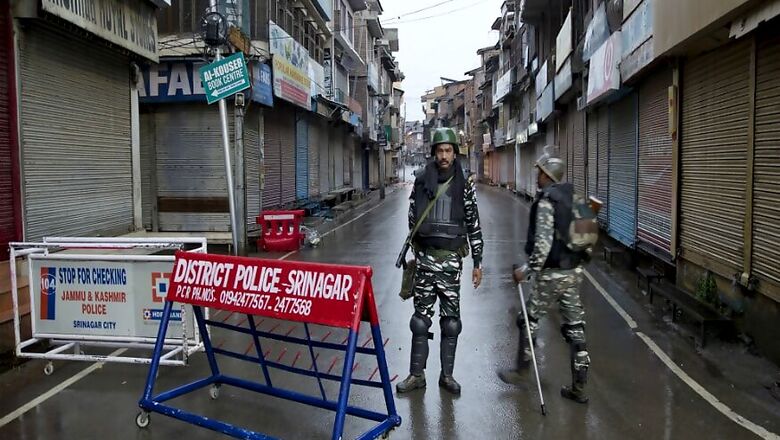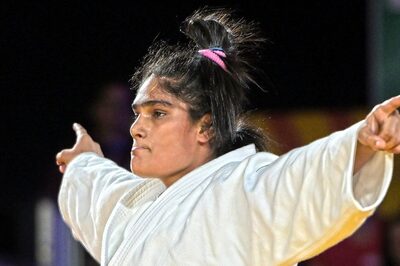
views
New Delhi: Pakistan’s foreign minister Shah Mehmood Qureshi, who has been tasked with making a case against India on Kashmir at the United Nations Human Rights Council (UNHRC) on Tuesday, will be speaking a little before noon in Geneva. But not only is India ready with a strong rebuttal, sources also say that the high-level official team headed by Secretary (East) in the Ministry of External Affairs, Vijay Thakur Singh, has managed to ward off other attempts such as Pakistan seeking a resolution or an urgent debate on the issue.
A source told News 18 that "India’s concerted campaign has made it hard for Pakistan to get a simple majority for an urgent debate or resolution”. The Council has 47 members and both India and Pakistan figure in the list currently under the Asia Pacific Group. While India is a member till 2021, Pakistan's current membership will expire in 2020.
Members of a council serve for three years and cannot seek immediate re-election after serving two consecutive terms. Members are directly elected by the United Nations General Assembly based on their work and commitment to protection of Human Rights according to the UNHRC rules.
India believes that Pakistan's attempts at going from one multi-lateral platform to the other are part of its strategy to internationalise the Kashmir issue and seek a third-party mediation. Pakistan's attempts at doing so suffered a setback on August 16 at the United Nations Security Council when, during closed consultations, 14 members of the UNSC — barring China — are believed to have agreed that matters between India and Pakistan should be bilaterally settled as per the Shimla Agreement and Lahore Declaration.
India's High Commissioner to Pakistan Ajay Bisaria, who was asked to return last month by Islamabad as it sought to downgrade diplomatic ties with India, has provided vital inputs in being able to counter Pakistan at UNHRC. Even as India's Ambassador at the Permanent Mission in Geneva Rajiv Chander and others have been actively engaging with all other 45 member countries to ensure that attempts at bringing a resolution or seeking an urgent debate collapse. Both would require voting.
However, Qureshi himself is likely to raise the heat by alleging human rights violations in Kashmir, taking off from the global report by Commissioner Michelle Bachelet that mentioned "restrictions on internet communications and peaceful assembly, and the detention of local political leaders and activists," in the run-up to and post the reading down of Article 370. However, Bachelet also said she had received reports of "human rights situation on both sides of the line of control (LoC)”.
India is expected to respond by highlighting that the reading down of Article 370 was an internal matter and the current communication and movement restrictions were being eased in Jammu & Kashmir depending on the situation that exists on ground.
India could also highlight the link between terror groups in Pakistan waiting to foment trouble in the Valley and how they have in the past utilised the despondency among youth in Kashmir due to lack of implementation of central schemes when Article 370 was in place. India will push the argument that the move is aimed at providing more development to the Valley and improving the lives of the common man.




















Comments
0 comment